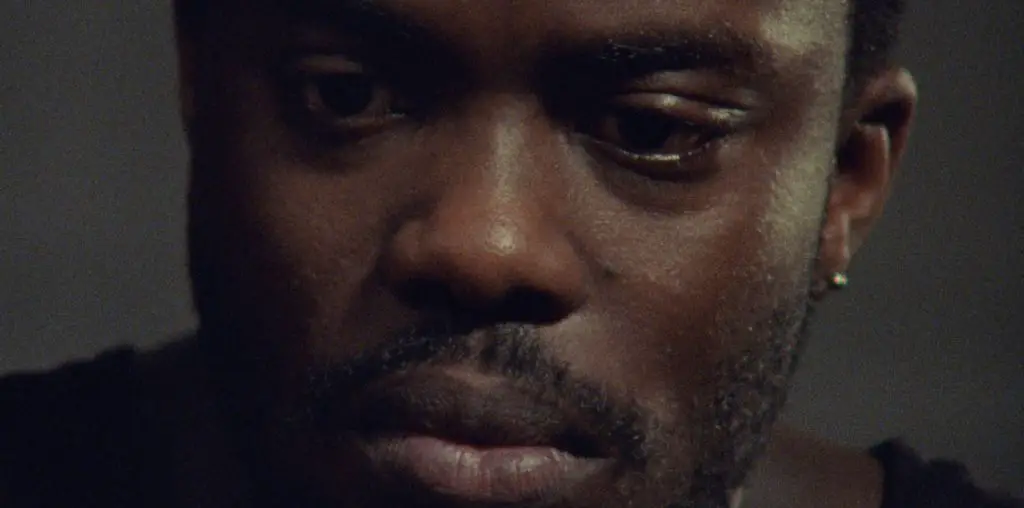
“Heavy Metal in Baghdad” opens in Baghdad during August 2006 as filmmakers Suroosh Alvi and Eddy Moretti don bulletproof vests, surrounded by bodyguards, as they prepare to interview the only Iraqi heavy metal band, Acrassicauda (“black scorpion”). Alvi and Moretti have been following Acrassicauda since learning of them in 2003 following the fall of Baghdad, and have come to Iraq to find out, first and foremost, whether anyone in the band is even still alive.
The tale of Acrassicauda is one of somewhat thriving turned to blatant surviving. Immediately after Baghdad is liberated, the band is still performing to smaller and smaller crowds in their hometown (all the while powering their equipment with gas-powered generators). However, by 2006, as the area becomes more unstable and the power vaccuum kicks in, things become too dangerous for the band (and, quite obviously, anyone). The band, having been unable to perform live since November 2005, and having seen their practice space demolished by a stray rocket, eventually escapes to Damascus, Syria, and things get even worse.
Unable to work due to their refugee status, and unable to return home upon fear of death, Acrassicauda find themselves in a life limbo that is, unfortunately, not a rare one for Iraqi citizens nowadays. Three of the four members live in the basement of a project tenement, barely scraping by. Sure, they’re at least not spending each day afraid of being shot or being blown up, but they’re considered the lowest of the low of Syrian society. On top of that, there’s not a very big audience for heavy metal in Damascus so the dream of finally playing music live again is a challenging one at best (still, the band more than excels when given the opportunity).
Up until this point, we really haven’t seen a film that deals so personally with the refugee situation that has occured during the Iraqi War, and that is just one of the unique perspectives that this film brings. Come to think of it, the mainstream news seems to be more interested in keeping track of the U.S. soldier body count then saying anything about the millions of living Iraqi citizens barely surviving as refugees in other countries, so I give “Heavy Metal in Baghdad” full credit in alerting me to the refugee reality.
The other experience that sets “Heavy Metal in Baghdad” apart is that of the documentary filmmakers themselves. We ride shotgun (no pun intended) as Alvi and Moretti go through everything from sneaking into Baghdad to film, to traveling throughout town with a full bodyguard entourage, constantly under fear of sniper fire, roadside bombs and anything else that could go wrong while stepping on Baghdad soil (which, as it turns out, is quite a bit).
“Heavy Metal in Baghdad” is a documentary that needs to be seen, and hopefully its focus on a band, while telling such a deeper story, will get it in front of more people that otherwise wouldn’t go see a film about the Iraq War on their own. You cannot walk away from this film without brimming with a certain amount of rage at how things got this bad, and also a general feeling of powerlessness over the situation as it currently exists. The film doesn’t offer any solutions (how could it, really?), but it is an opportunity to dispel a large amount of ignorance while getting a truly honest, first-hand account of life for post-liberation Iraqi citizens (wherever they may end up).
